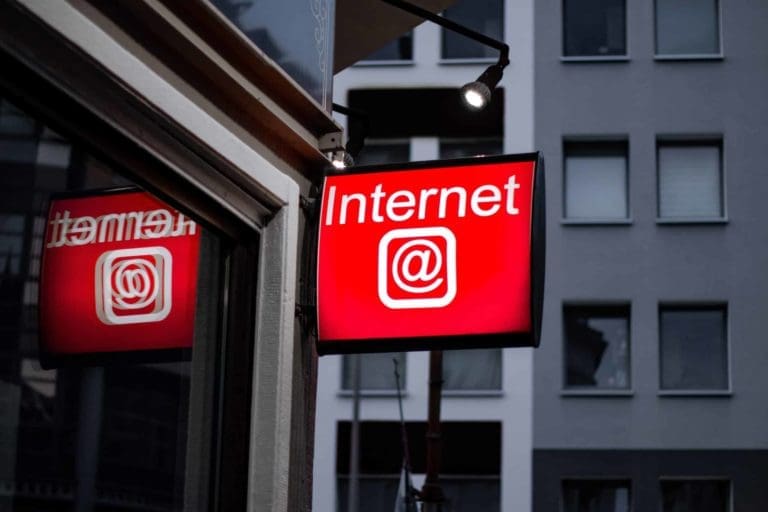With more than 80% of confirmed data breaches due to stolen, weak or reused passwords*; reclaiming digital footprints by safeguarding personal information is one of the most pressing internet safety issues of 2024.
This is according to the Internet Service Providers’ Association of South Africa (ISPA) as another Internet Safety Month winds down and stakeholders in South Africa and across the globe help raise awareness of a safer and better internet for all.
“February with its ‘together for a better internet’ message is an opportune time to remind South African internet consumers that the safeguarding of personal information should be their first cybersecurity-related concern every time they switch on any connected device,” says ISPA chair, Sasha Booth-Beharilal.
“The awareness of digital privacy and the effective securing of personal information has never been more important than it is right now because of the enormous amount of personal data being gathered and stored by social media, apps and enabled devices,” adds Booth-Beharilal.
Practical “do” and “don’t” suggestions that can immediately enhance internet consumer safety by helping prevent unauthorised access to personal information include:
– Do keep an updated and effective antivirus solution on your computer.
– Do start using longer passphrases as opposed to shorter passwords.
– Do opt for multi-factor authentication (MFA) and investigate biometric security options.
– Do let your mouse hover over the sender’s name on a suspect email as this will often expose the underlying email address which might not be the same as the one displayed.
– Do safeguard your email address online by not distributing it carelessly all over the web.
– Don’t click on links in emails you are not expecting.
– Don’t download apps and other software from companies you have never heard of.
When it comes to the safeguarding of personal information by legitimate actors, relevant South African legislation like the Protection of Personal Information Act (POPIA), the Regulation of Interception of Communications and Provision of Communication-related Information Act (RICA) and the Cybercrimes Act all combine to help protect the country’s internet consumers.
Interaction between ISPs and law enforcement, for instance, is heavily regulated in South Africa and ISPA members receive training and support to ensure subscriber personal information is not released to a law enforcement agency other than where a lawful request has been made.
Ultimately, a healthy dose of critical thinking is the individual internet user’s best defence against the unauthorised use of personal information and for staying safe online. Again, use strong and proper passwords and passphrases – and take everything you read, see and hear online with a pinch of salt.
ISPA is a recognised Industry Representative Body (IRB) representing the interests of over 235 small, medium and large internet service and access provider members.
Check out ISPA’s Cyber Safety Resources page here: https://ispa.org.za/safety/
